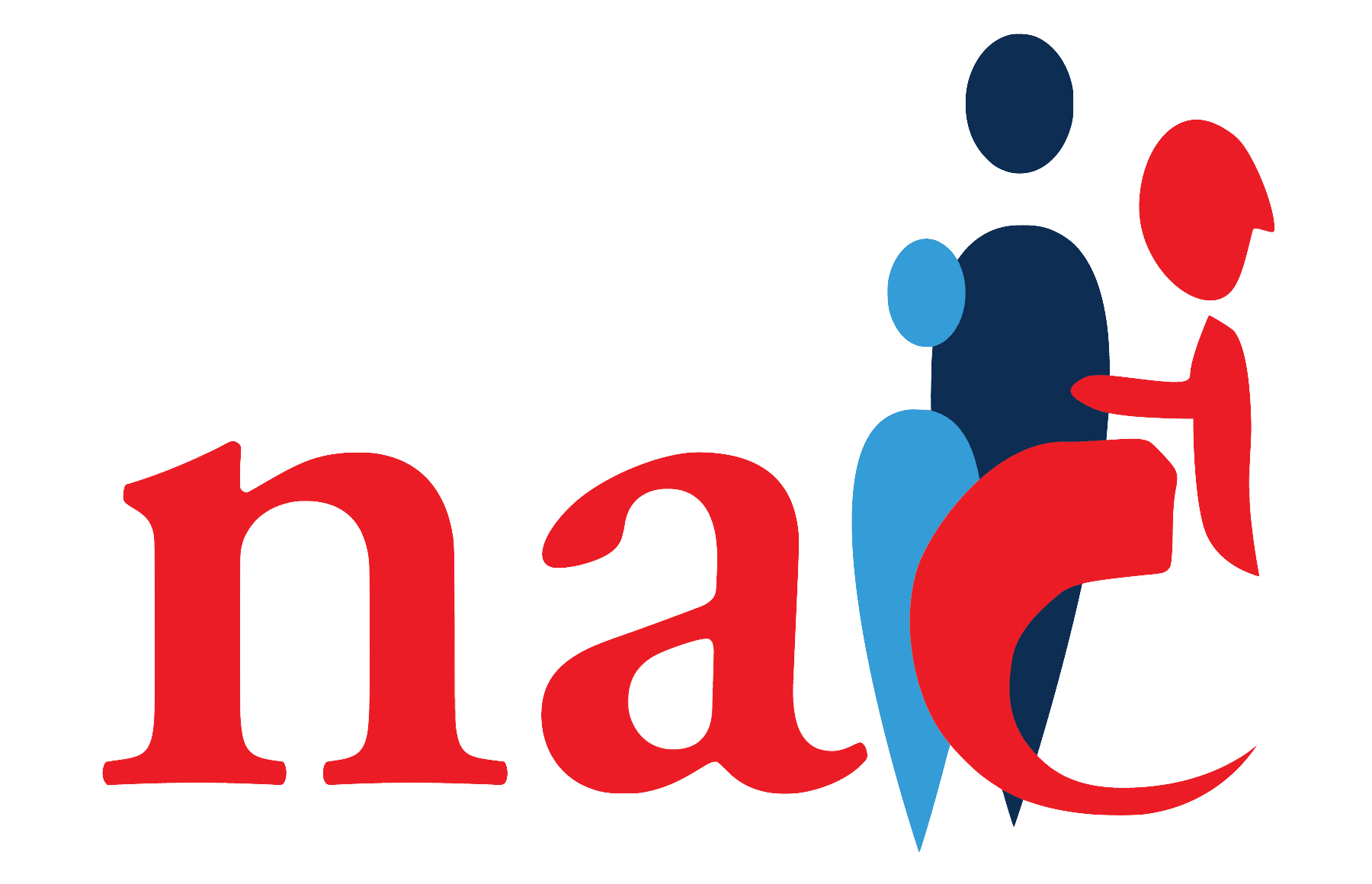When Ira met his wife, Glenda, she had manageable Type 1 diabetes. Their relationship began as a care partnership, where Ira would attend his wife’s doctor’s appointments and would help her manage her chronic disease. Increasing complications with her diabetes necessitated that Glenda would need a kidney transplant, and to ensure the diabetes did not return, a pancreas transplant as well.
Ira and Glenda did a lot of research and gathered a lot of information on how to get the transplant as quickly as possible. They were listed for organs in both New York and in the Midwest, and they were looking into a living donor, since Glenda’s brother was a kidney match. A living donor would mean Glenda would have to wait on the national recipient list for a pancreas, but they were willing to go this route due to how fast her kidney was declining.
Luckily at the time, the UNOS list favored patients looking for more than one organ, and Glenda was able to receive both a kidney and pancreas. The coordination of doctors and medications that Ira and Glenda had already been dealing with due to her chronic disease carried over into managing her transplant. Ira was not provided education on becoming a caregiver by the transplant medical team, although they would answer questions if asked. Instead, he and Glenda joined a lot of support groups and did research on every phase of the transplant process to become as knowledgeable as possible.
Ira and Glenda did face a barrier at one point with their insurance and in getting the medication she needed, although they were lucky to know a Medicare insurance broker from one of their support groups who was able to help them. Ira and Glenda continue to get a lot of support from groups and the transplant community rather than the healthcare system, and have been attempting to give back as much as possible by getting involved in political and legislative activities.
Post-transplant, Glenda has preferred to continue seeing the doctors who were involved in her transplant, and they have continued to be active in her care even 20 years later. Ira and Glenda see a transplant as a long-term commitment and want to keep in contact with their transplant center. However, they are disappointed Glenda hasn’t been used more as an ambassador of a successful transplant. They are concerned that other than being a data point of a successful transplant a few years down the road, centers are uninterested in Glenda’s story.
After seeing how COVID-19 affected transplant centers, Ira believes there needs to be better protocol in place for emergency situations. He does not think the pandemic was handled well by centers, or that transplant patients and caregivers were provided the information they needed at the time. He believes those on the transplant list and their caregivers should get organ- and disease-specific training and education, that centers should be more supportive of patient support groups, and that courses should be provided on how to take notes during a doctor’s appointment. Additionally, he believes there needs to be post-transplant education for caregivers as well, and that centers should be able to connect patients for support and to be reassured by hearing successful transplant stories.
